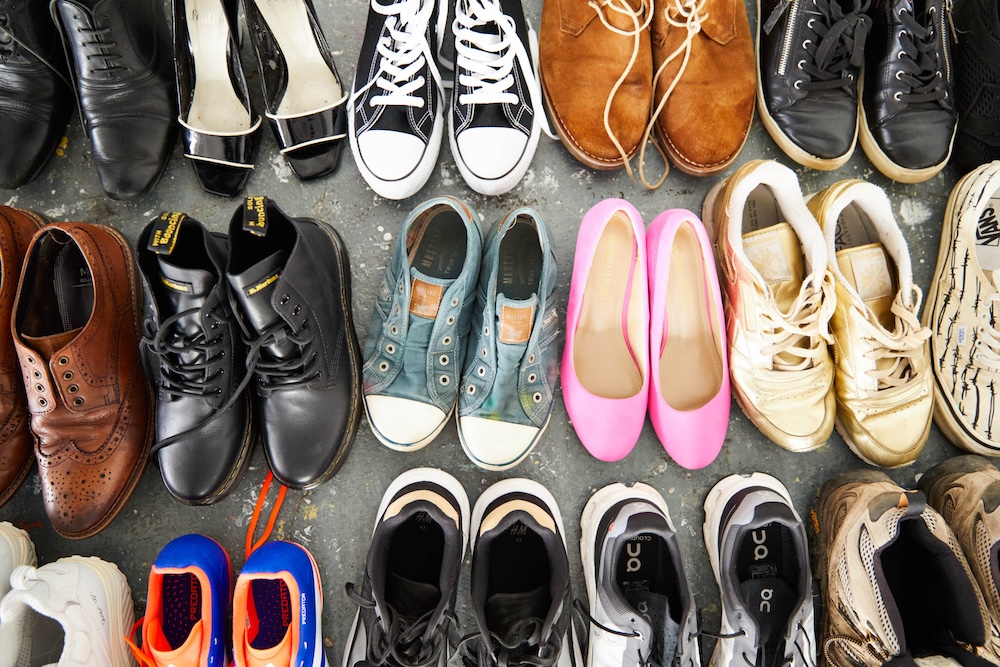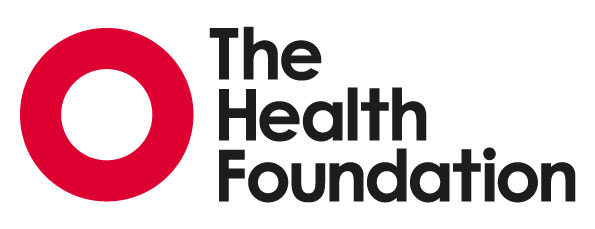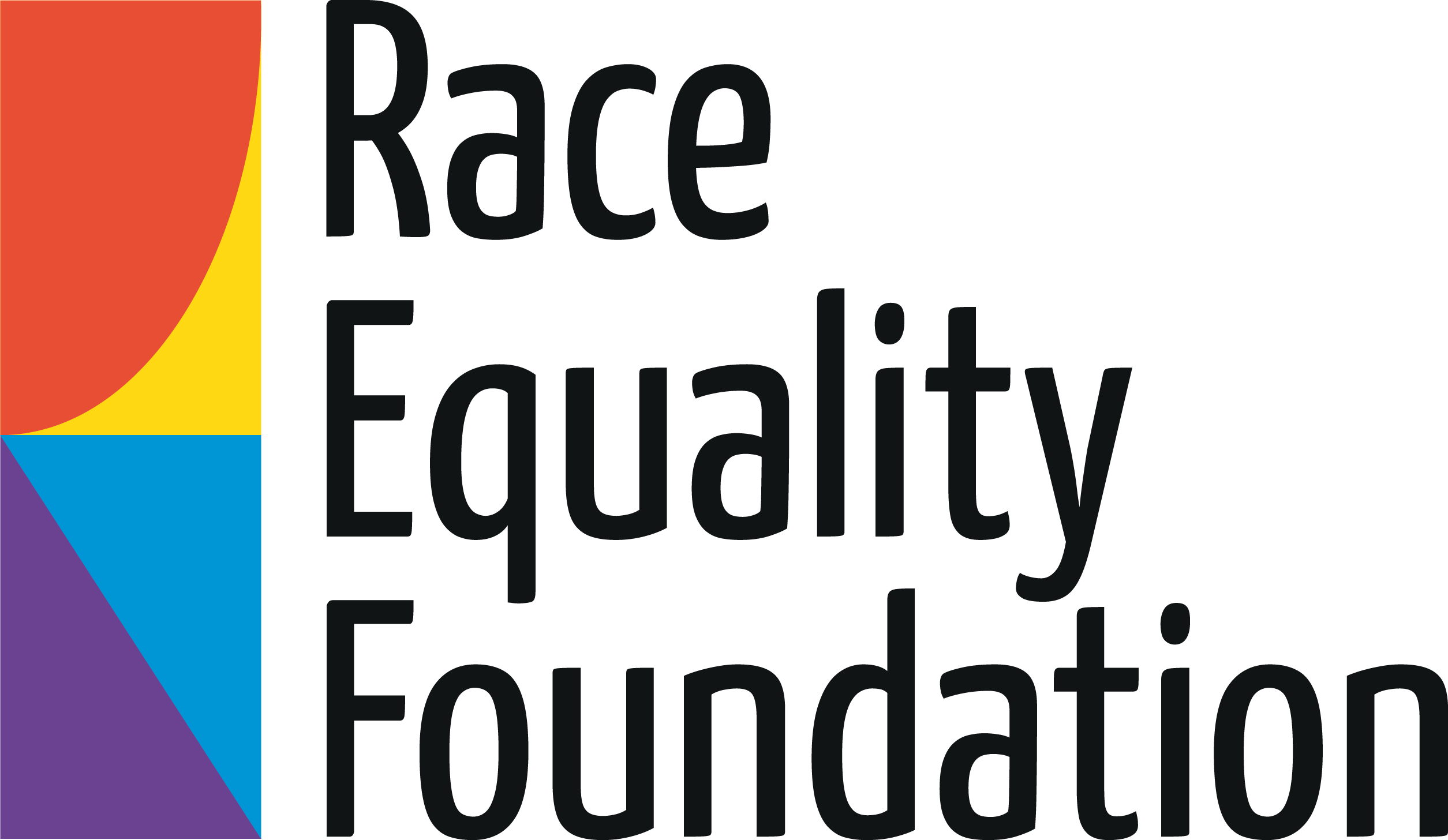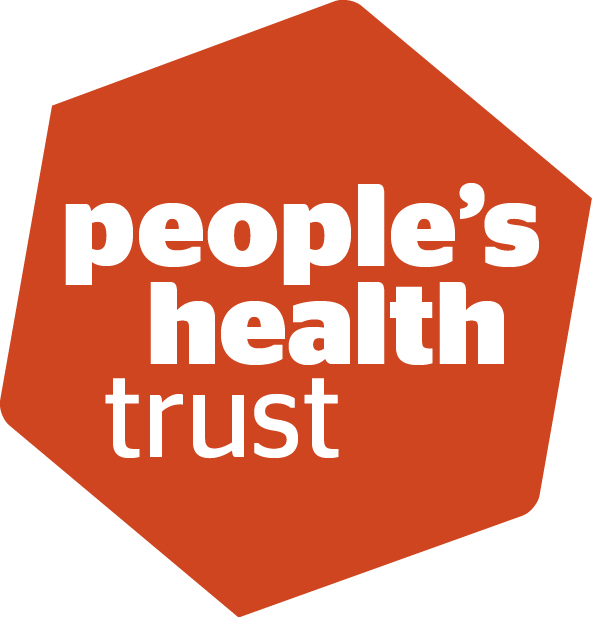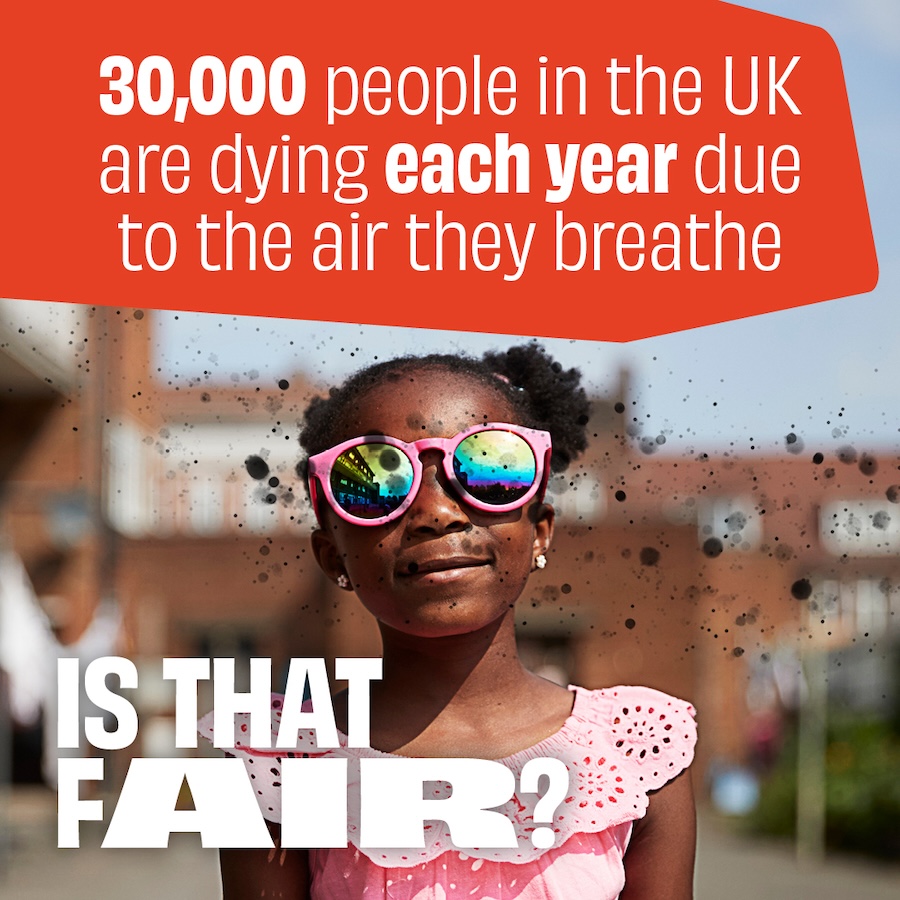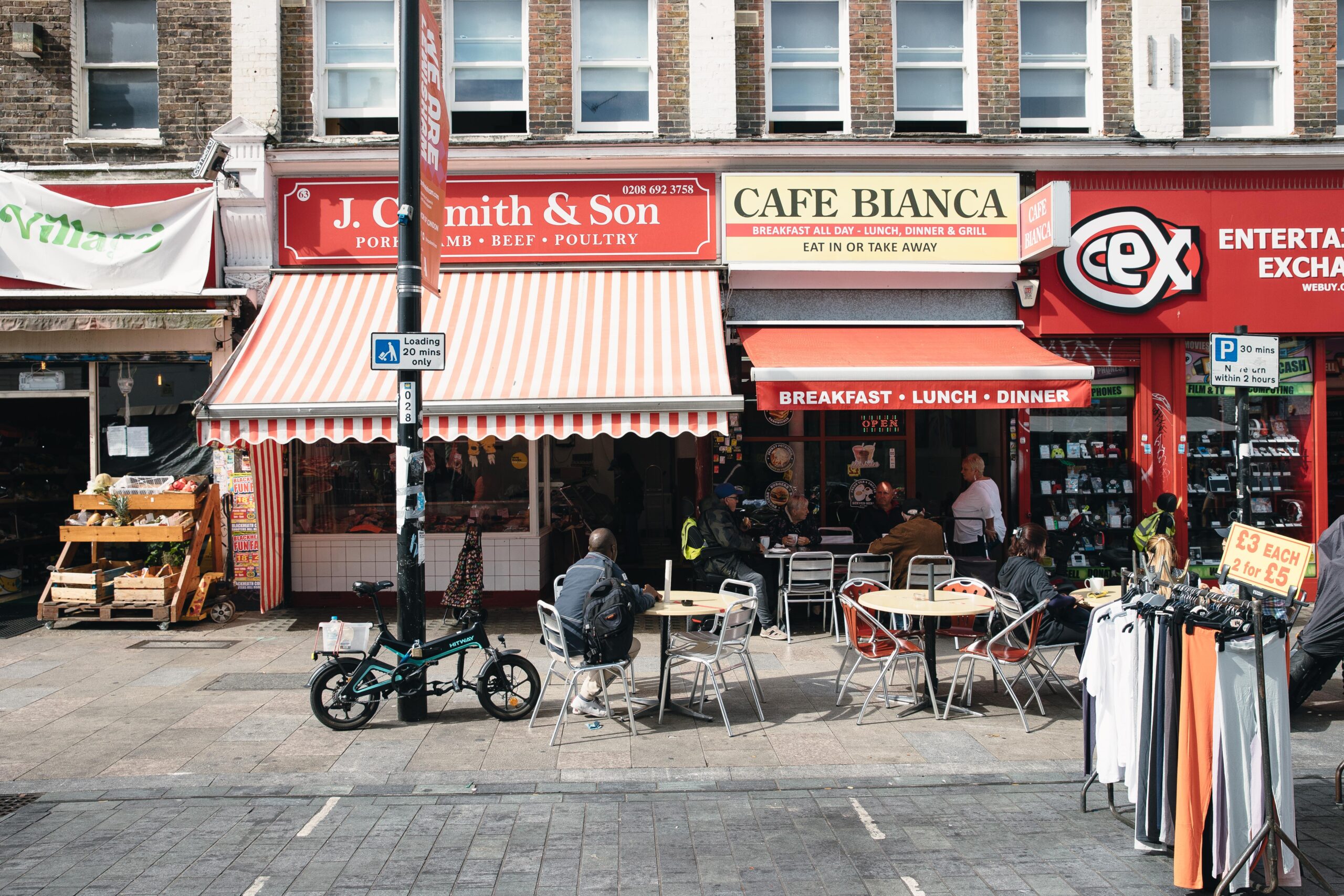Where we work

Work and health go hand-in-hand. The right job can do so much more than just pay the bills. It can bring financial stability, a sense of purpose, and achievement. When we’re in good, stable employment, we’re more likely to stay mentally and physically well.
In fact, long-term rewarding work is one of the strongest foundations for overall wellbeing. That’s because it’s not just about having a paycheck; it’s about the mental and emotional benefits that come from feeling valued at work, having job security, and being able to plan for the future.
When work hurts more than it helps
Not all jobs are created equal.
Some kinds of work can do more harm than good. Unstable hours, unsafe conditions, toxic workplaces, or overwhelming demands can take a serious toll. Whether it’s physically demanding labour without proper protections, or emotionally draining roles without support, the effects add up.
If you’re working long hours just to make ends meet—or juggling multiple jobs with no time to rest—the stress can become chronic. Add uncertainty around income or a lack of control over your schedule, and the result can be burnout, anxiety, or physical health issues.
These challenges don’t just affect how we feel day to day. They can leave lasting scars on our health.
No work, more worry
Being out of work isn’t just tough financially, it can seriously impact our health. Without the structure, purpose, and connection that work can offer, many people experience increased stress, anxiety, and depression. Financial insecurity only adds to the pressure, often affecting sleep, diet, and access to healthcare.
The longer we’re unemployed, the more our health can decline — making it even harder to get back into work.
The cycle of unemployment, insecure work and poor health
Here’s where things can spiral. Being out of work or poor working conditions can lead to poor health. And once our health starts to decline, it can become harder to stay in work, or to find a job that suits our needs. The longer someone is out of the workforce, the tougher it gets to return, creating a cycle that’s hard to break.
What we need are jobs that support our health, not threaten it. That means fair pay, reasonable hours, safe environments, and a sense of dignity and purpose. Work should help us thrive, not just survive.
When more people have access to decent, meaningful employment, we all benefit. Healthier individuals, stronger communities, and a more resilient workforce. It’s not just good for people, it’s good for society.
Towards a healthier working life
The good news is that there are clear steps that can be taken to build healthier working lives that support people to stay in work or return when they can. Our member The Health Foundation’s Commission for Healthier Working Lives lays out these actions:
- Keep best practices up to date in health, accessibility, and workforce retention
- Build early support around people’s needs, with caseworkers leading the way.
- Make sick pay fairer and more supportive.
- Introduce a new benefit to help people stay in work after sick pay ends.
- Strengthen job protection for those off sick long term.
- Test local job-pooling for people who can’t return to their old roles.
- Offer a bold, flexible path back to work for people on health-related benefits.
OUR
MEMBERS & SUPPORTERS
Meet our members and supporters are working to ensure fair pay, secure jobs, and healthy working conditions for all.
Read the latest insights on how the places where we work, and the way we work, can impact our health and wellbeing.

